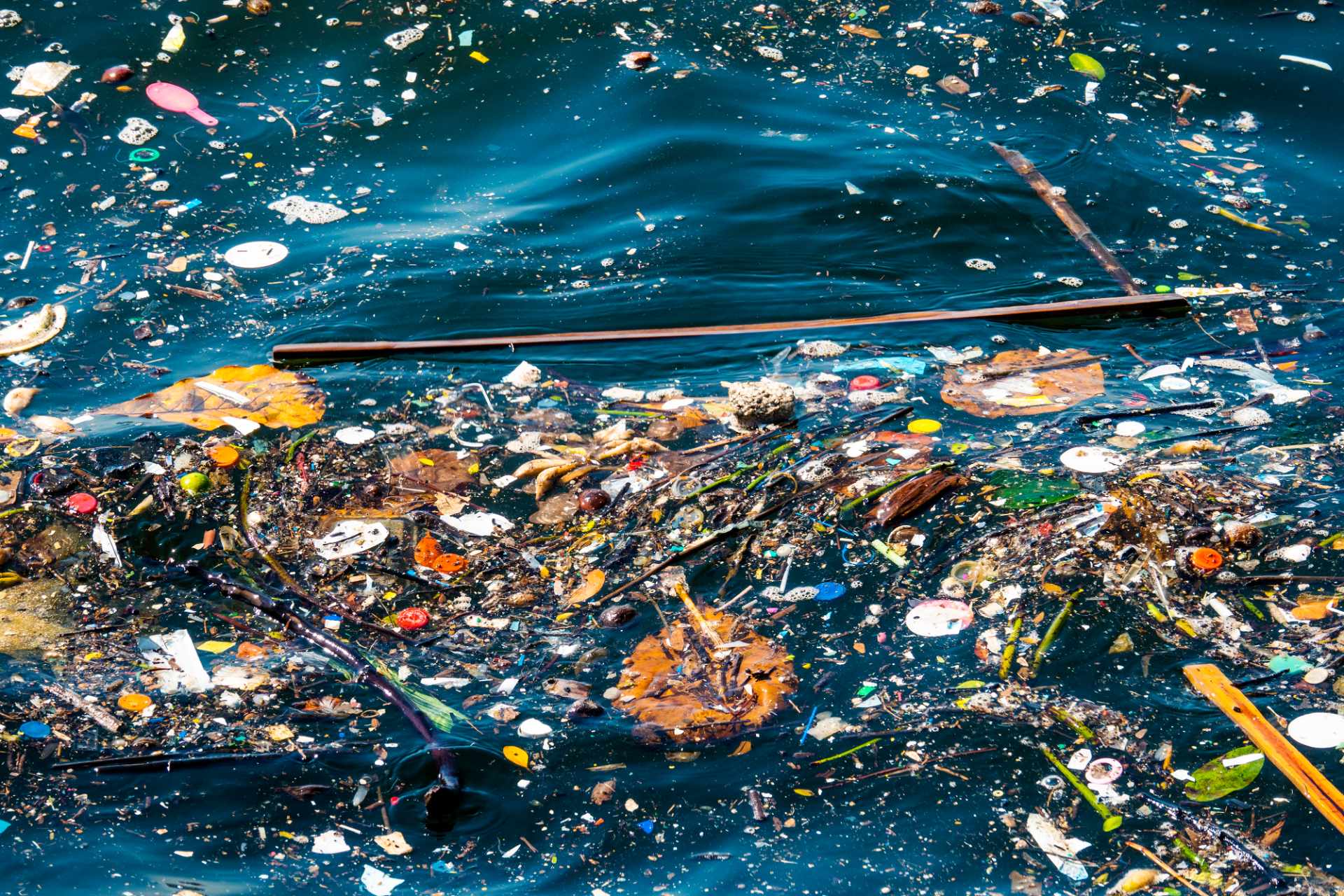Seemingly stretching out into infinity, this blue colossus is much more than just a body of water that crashes against the shore. The oceans make the Earth a habitable place for humankind. Our rainwater, drinking water, weather, climate, coastlines, much of our food, and even the oxygen in the air we breathe, are all ultimately provided and regulated by the sea.
Caring for the seas and oceans is essential to ensuring a sustainable future. However, at the current time, there is a continuous deterioration of coastal waters owing to pollution, and ocean acidification is having an adverse effect on the functioning of ecosystems and biodiversity. Protecting our oceans must remain a priority. Marine health is vital to the survival of both humans and the planet: healthy oceans will help us have a healthy planet.
We still have time to save the oceans
The latest Ocean Health Index assessed the marine waters, coasts and oceans of 220 coastal countries and territories, which account for 40% of the ocean. This proportion of the ocean provides the most benefits to people, but also incurs the most pressure from human activities.
The general conclusion is that the oceans are not dying. However, the data obtained indicates that we can (and should) use this resource more sustainably. In what ways can we improve to take care of the oceans’ health?
Reduce pollution to ensure our health
Pollution of the seas and oceans is a serious problem that directly affects ocean habitats and, indirectly, human health. Oil spills, toxic waste and other discharge, as well as the accumulation of plastics, are just some of the problems we must face in increasing the quality of ocean and sea water.
Marine pollution, which comes mostly from land sources, has reached alarming levels: for every square kilometre of the ocean, there is an average of 13,000 pieces of plastic waste. Approximately 80% of this plastic waste comes from the land, while the remaining 20% comes from marine sources, such as pieces of nets and other tackle abandoned in water by fishing vessel fleets, according to the UN Environment Programme.
How does ocean pollution harm our health?The presence of plastic in the ocean causes the death of nearly 100,000 marine species each year, according to UN estimates. Although most plastics are supposed to remain intact for decades or centuries after use, those that break down eventually become microplastics, and fish and other marine animals end up consuming them. Thus, plastic makes its way to the global food chain.
Caring for the oceans to fight against climate change
Oceans are natural deposits that absorb and capture carbon dioxide (CO2) from the atmosphere, thereby reducing its concentration in the air. They are considered the main natural carbon sinks, a key element in fighting climate change, as they are capable of absorbing about 50% of the carbon emitted into the atmosphere. In particular, plankton, coral, fish, algae and other photosynthetic bacteria are the organisms responsible for this capture.

The oceans also absorb about 30% of the carbon dioxide produced by human activities, and there has been a 26% rise in ocean acidification since the beginning of the industrial revolution.
It is important to ensure the survival of these habitats in order to reduce the amount of CO2 in the atmosphere and thus curb global warming. According to the Ocean Health Index, although in many places these habitats remain healthy and intact, some have declined significantly since 1980. Their protection and restoration are necessary to reduce the amount of carbon and to be able to mitigate the effects of global warming.
Protect biodiversity to protect life
Marine biodiversity, the variety of life that exists in the oceans and seas, is fundamental to maintaining the healthy functioning of the planet and to ensuring the health, well-being and prosperity of humanity. The ocean contains almost 200,000 known species, but the actual numbers may be millions. More than 3 billion people depend on marine and coastal biodiversity for their livelihoods.
According to the index, there is a potential risk of losing a significant portion of marine species diversity. In recent decades, more than 40% of amphibian species have been lost, with almost 33% of reef corals and more than a third of marine mammals in the same situation. Mangrove forests have decreased in their original area by at least 25% while marine seagrass beds are reducing in area at a rate of 10% per decade.
The loss and deterioration of these coastal habitats diminishes the ability to protect the coast. This greater weakness in the protection of coastal areas causes between 100 and 300 million people to live in flood zones.
We cannot forget that the oceans occupy three quarters of the Earth and their condition can vary greatly if we analyse their health in different geographic areas. As a matter of fact, Ocean Health Index stresses that regions with stable and effective governance tend to score much higher than regions where corruption, dictatorships, civil conflict, war, and poverty have been prevalent.
This makes it clear that promoting peace, justice, gender equality, socially responsible companies and other aspects is important for improving the health of the oceans. Caring for the health of our oceans and seas has a huge impact on many areas. Progress in these areas makes it much easier for communities and nations to take care of the planet that we all share, making it a more sustainable place to live in.
Sources: Ocean Health Index, United Nations, Europa Press, Público, La Vanguardia